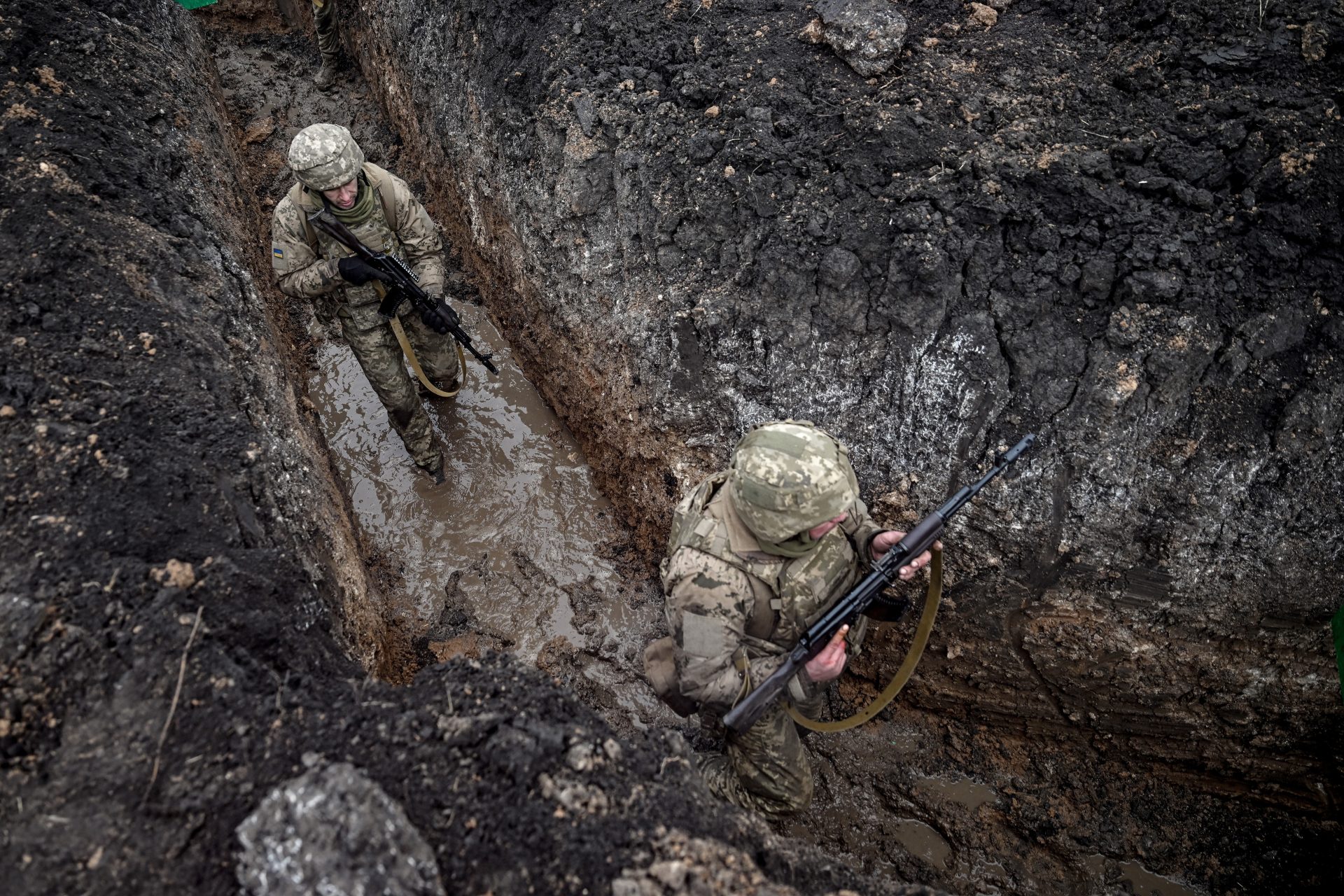The end of Canada's Rideau Canal? Climate change closes world's longest skateway
For the first time since opening for skating 52 years ago, Canada's Rideau Canal Skateway will not open.
This is the first time ever that the UNESCO World Heritage Site has been closed to skaters for an entire winter season.
The Rideau Canal is located in the nation's capital, Ottawa, Ontario, and is hugely popular with locals and tourists alike.
According to CBC News, on Friday, February 24, the National Capital Commission (NCC) released a statement regarding their disappointment that the canal would not be open for skating this winter.
The NCC tweeted: "This winter's higher-than-average temperatures, snow and rain … contributed to a thin and porous ice surface."
The tweet continued, "The latest ice tests show that the ice surface remains unsafe. Any further efforts are unlikely to yield a different result."
Climate change is the most likely culprit behind the closed canal this winter. Ottawa has had an abnormally warm winter, as the CBC reported, "one of the warmest in decades, with more than 250 centimetres of snow falling as of Friday — weather conditions poorly suited to the formation of thick, smooth ice."
The Rideau Canal was first opened in 1971 for skating and has opened every year except for this one since. The Rideau Canal is a huge attraction and draw for visitors to Ottawa during the annual Winterlude festival.
Per CBC, "The NCC first dispatched a team of workers armed with brooms and shovels to clear a short section of the frozen waterway for skating in 1971."
According to the CBC, the shortest skating season on the Rideau Canal was in 2016, when the NCC could only maintain the canal open for eighteen days.
NCC data indicates that last winter, the canal had an excellent season for skating, with the entire 7.8 km of the canal open for skaters from mid-January until early March for a total of 41 days.
As winter's become milder and more unpredictable across Canada, the future of the Rideau Canal for ice skating is still being determined.
CBC reported, "the NCC has been experimenting with new ice-making methods, and has also updated and bolstered its climate change strategy."
In the tweet, the NCC released on Friday, the group said, "This year taught us a great deal about the effects of milder winters on the Skateway … [We] remain committed to applying what we learn going forward," it said in Friday's news release."
The NCC commissioned a study of the canal for long-term risk assessment, which indicated that milder winters have caused the average canal skating season to be shortened by four days per decade.
The long-term risk assessment report also indicated that opening the canal later in the year, likely in February, may become more common and that the skating season will probably last less than 40 days by 2050.
CBC News published a part of the report that stated: "In the long term, the NCC should determine the threshold for which investing in maintaining the ice surface will exceed the benefits provided, and consider diversification of winter programming surrounding the canal."
Sadly, the day may come when opening the canal for skating is no longer safe or profitable, a day that many Canadians hope will never come, as there is nothing quite as glorious as gliding along the Rideau Canal.
More for you
Top Stories































